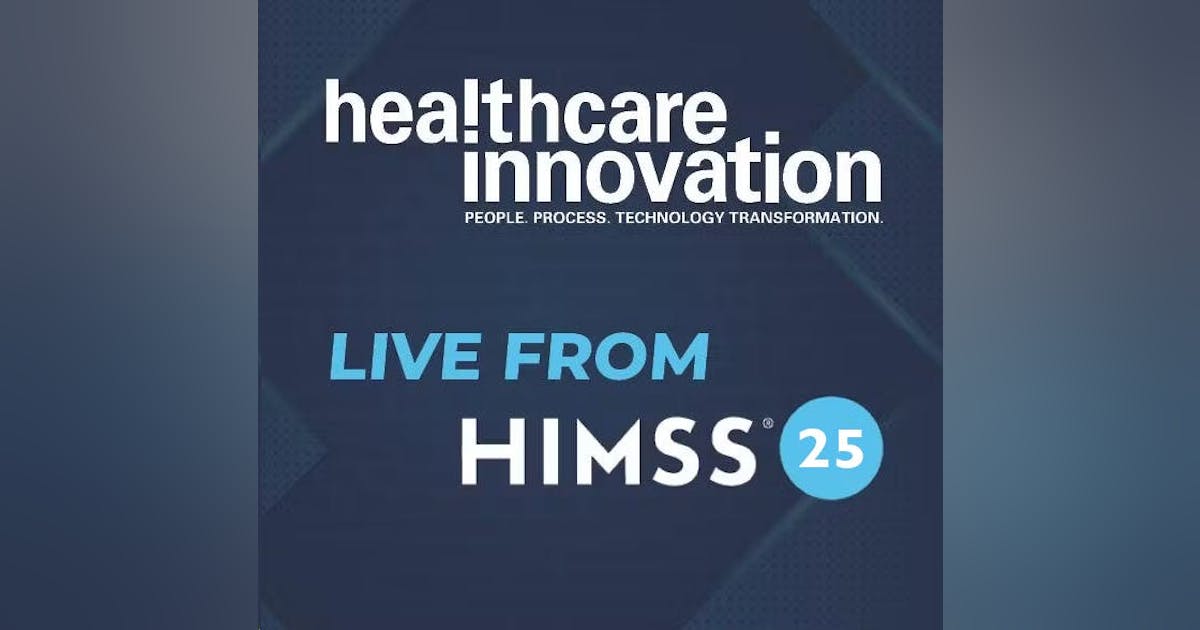Blimey! There’s quite a ballyhoo brewing in the world of cybersecurity. You see, a mental health services entity based in Washington has been flagged up. Rumour has it, data from this institution, known as Kitsap Mental Health Services (KMHS), has unfortunately been leaked online – on the dark web, no less.
Now, I’m not here to spin a yarn. I shot them a message via their website to confirm matters, I did. But so far, I haven’t heard so much as a peep in return. So, we don’t know for certain. It’s a touch likely that the data is the real deal, but we’re still short of a full sixpence – it’s not officially confirmed yet.
A quick squiz at the data in question, if proved accurate, paints a somewhat bleak picture. Funnily enough, KMHS took the time to create a PowerPoint presentation on cybersecurity just last year, detailing a collection of reasons why it’s crucial, such as protecting the institution from threats both inside and out, aiding with constant medical service availability, sustaining complete confidentiality, ensuring data integrity, and adhering to industry rules. The irony? Well, let me enlighten you.
It seems like they left the backdoor open – a security-linked file, connected to their web, containing hundreds of login details dating back a fair amount. We’re talking usernames, passwords, URLs, and notes related to critical accounts – all just sitting there as plain as rice pudding.
But it doesn’t stop there. Reports from their 2024 security assessment, produced by a third party, reveal the institution’s weak spots. These, too, are glaringly clear.
Last but certainly not least, there are .pdf files and reports present that contain protected health information of patients. Everything from names, addresses, dates of birth, lab results, and records from treatments, to social security numbers, health insurance particulars, billing details – the entire kit and caboodle. What’s possibly more concerning, there seems to be an additional leaked file comprising nearly 50,000 patient names along with corresponding client IDs.
Assuming all this data is legitimate and not a hoax, KMHS could have quite a sticky wicket on their hands in terms of notifications required and the inevitable backlash.
Now about the culprits. Typically, most groups that get up to this sort of bonnet would shout on top of their lungs about their financial motivations. This group, however, claim to be “digital watchdogs” – guardians of cybersecurity, freedom on the internet, and investigative journalism who prefer to dig deep into the web’s hidden corners and shed light on buried or distorted truths.
That said, both their no-refund clause and the peculiarly artificial look of their blog raise suspicions. Further adding to the intrigue, they do not share contact information. While we would love to reach out to them for a natter and try to discern what on earth they’re up to, they’ve made it quite difficult.
In summary, the whole scenario has ‘tangled web’ written all over it. Navigating between the facts and speculation is like finding one’s way through a dense London fog. What’s clear though, is that cybersecurity is not to be taken lightly, especially in the healthcare sector – it’s high time institutions extract their digit and take note!
by Parker Bytes


